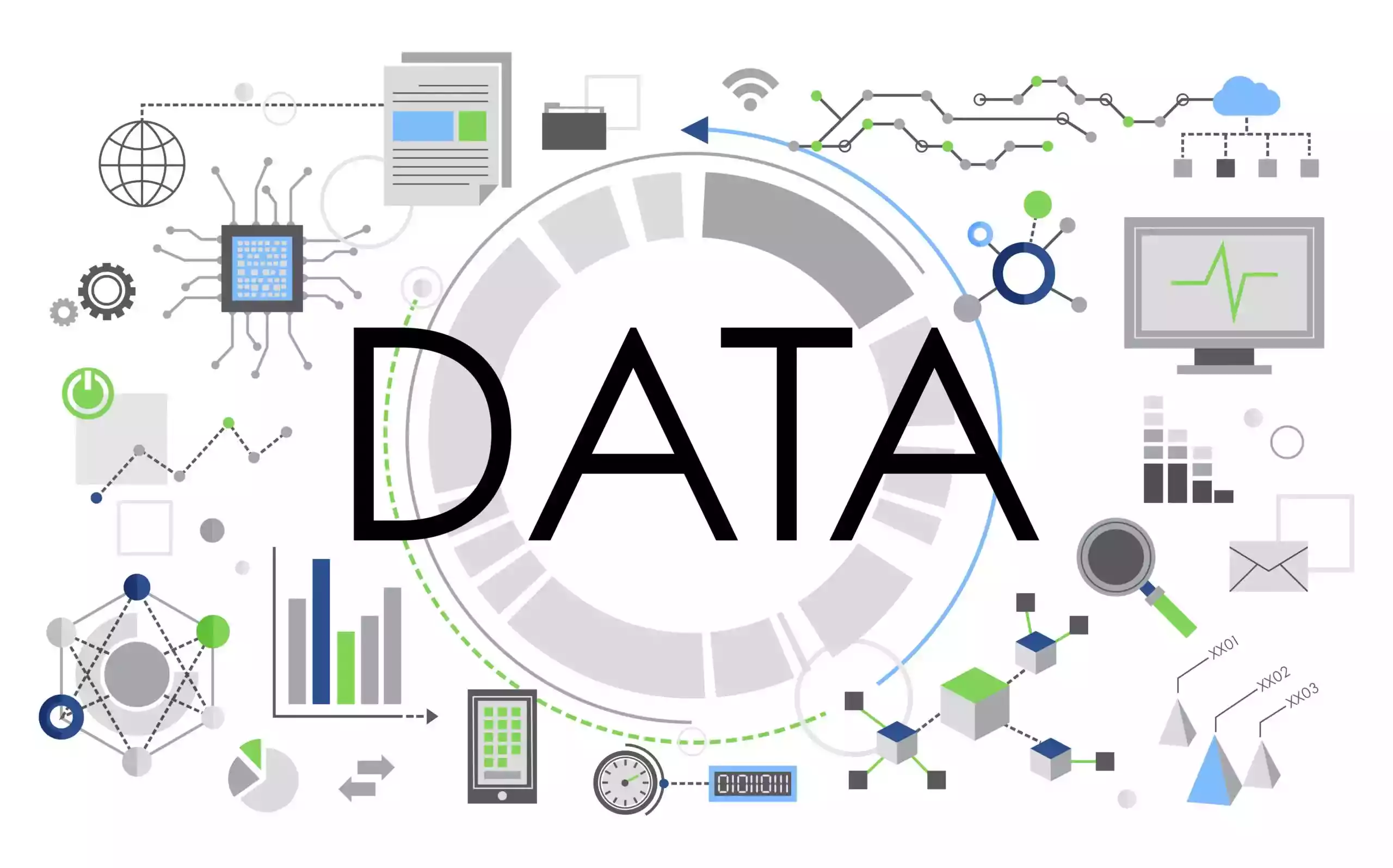
IN today’s dynamic and fast-paced business environment, data has become the cornerstone of strategic decision-making, particularly in the realms of marketing, communications and public relations (PR).
Gone are the days when intuition and guesswork could drive meaningful results.
Across the globe — and increasingly in Zimbabwe — organisations are embracing data-driven approaches to navigate uncertainty, tailor messaging, measure impact and maintain relevance.
In marketing, data helps brands to understand who their customers are, what they need and how best to reach them. In the Zimbabwean context, the shift towards digital marketing has been significantly accelerated by rising internet penetration, especially through mobile platforms.
According to the Postal and Telecommunications Regulatory Authority of Zimbabwe, there were over 12 million active internet and data subscriptions as of December 2024 — an 11,14% increase from the previous year. The internet penetration rate reached 81,49% by the end of 2024. This presents a goldmine of consumer data that marketers can tap into.
We have seen several companies and financial institutions leveraging on such data to segment audiences, personalise offers and launch targeted campaigns.
The use of SMS-based marketing, email promotions and app notifications is often informed by customer behaviour patterns, purchase histories and demographic profiles. This shift has led to better conversion rates and stronger customer loyalty, as people are more likely to respond to messages that speak directly to their interests and needs.
In the field of communications, data is indispensable for assessing message reception, engagement levels and channel effectiveness. Whether communicating internally with staff or externally with stakeholders, organisations need feedback loops to measure success and adjust accordingly.
- Govt orders Marondera to re-advertise TC post
- Residents take council head-on over spikes
- Zim gets Little Mister, Miss Universe licence
- Cassava’s DPA, EDF extend partnership to South Africa
Keep Reading
In Zimbabwe, organisations are increasingly relying on social media analytics and stakeholder surveys to determine the effectiveness of their communication strategies. For instance, Facebook Insights can show which posts garner the most engagement, when audiences are most active and what content resonates most. This enables communication professionals to refine their strategies based on evidence, not assumptions.
Public relations, traditionally viewed as more of an art than a science, is also undergoing a data revolution. Modern PR is no longer just about Press releases and events; it’s about building relationships based on insights.
Reputation management, crisis communication and brand positioning now demand a deep understanding of audience sentiment — insights that can only be acquired through media monitoring, sentiment analysis and consistent feedback tracking.
In its effort to rebrand Zimbabwe as a safe and attractive tourist destination, the government has leaned heavily on data from international travel platforms, social listening tools and media analytics.
By tracking what potential tourists are saying about Zimbabwe and identifying their concerns, authorities have been able to craft more compelling messages, addressing issues like safety, hospitality and accessibility. The steady rise in tourist arrivals is evidence that such data-driven strategies are paying off. Data does not lie.
Moreover, data plays a critical role in influencer selection and campaign performance tracking, especially as influencer marketing gains traction in Zimbabwe. Brands now use analytics tools to evaluate influencer engagement rates, audience demographics and content relevance. This ensures that collaborations are aligned with brand values and resonate with the intended target audience, not merely based on follower counts.
Another notable trend is the rise in purpose-driven marketing and PR. Consumers, especially younger ones, expect brands to stand for something beyond profit. Here, too, data plays a vital role. Through social research, Zimbabwean organisations are learning which issues matter most to their stakeholders — be it climate change, youth unemployment, or gender equity — and tailoring their messaging and corporate social responsibility initiatives accordingly.
That said, the shift towards data-driven decision-making is not without its challenges.
In Zimbabwe, issues such as data quality, digital literacy and limited access to analytical tools remain barriers, especially for smaller organisations and public institutions.
However, the path forward is clear: those who embrace data are better positioned to adapt, connect and thrive in a rapidly evolving communication landscape.
In conclusion, data is not just an operational tool — it is a strategic asset.
In marketing, communications and PR, data empowers organisations to make informed, timely and impactful decisions. It enables precision in targeting, relevance in messaging and credibility in engagement.
As more local organisations build capacity in data analytics, the future of strategic communication in Zimbabwe promises to be smarter, more inclusive and more responsive than ever before.
- Cliff Chiduku is the director of marketing, information and public relations at Manicaland State University of Applied Sciences in Mutare. He writes here in his personal capacity. He can be contacted on cchiduku@gmail.com or call/app +263775716517.










